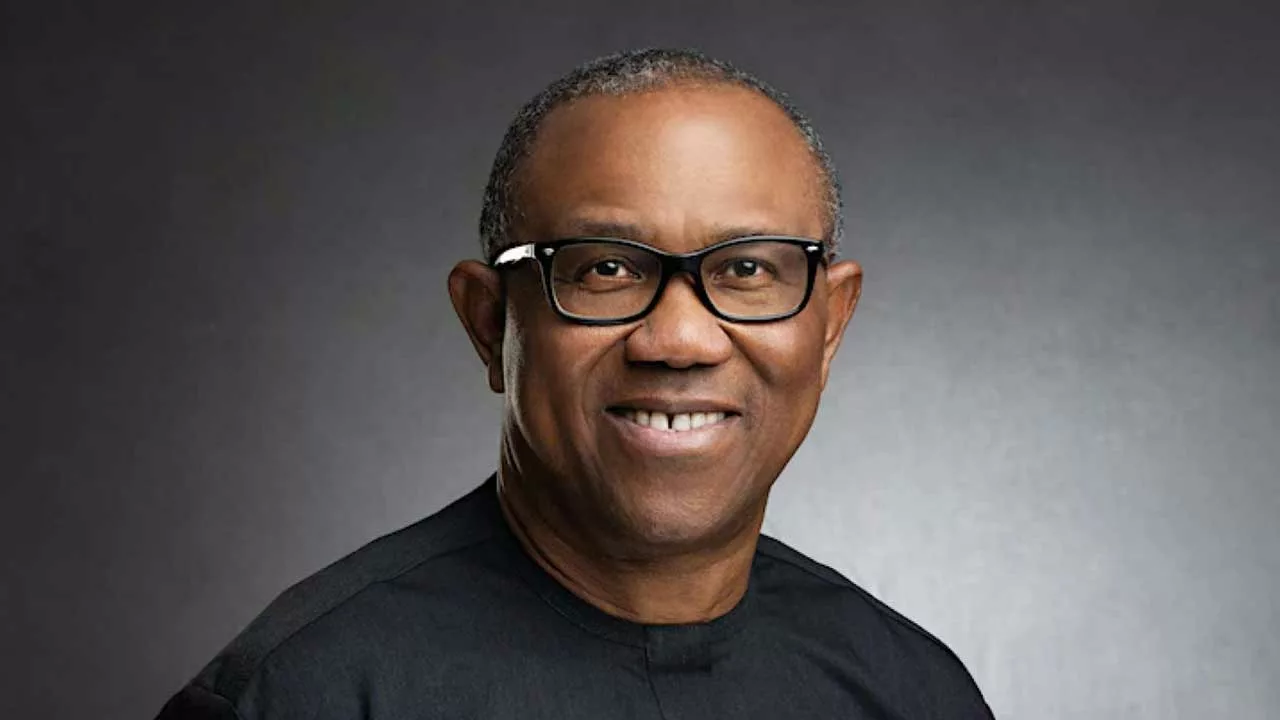Civil Society Networks from across the country have presented crucial recommendations for bolstering national security and reviving the economy.
The network, in a conference held recently in Abuja, spoke on the escalating state of insecurity and economic hardships facing Nigeria, with the aim to identify solutions to these pressing challenges.
The programme was organised by the Nigeria International NGO Forum and the Civil Society Networks in Nigeria with the support of the Development Research and Projects Centre (DRPC).
The network, in a communique presented by its North East Chairman, Amb. Ahmed Shehu, expressed concerns about the scale of insecurity prevailing in some regions of the nation.
They highlighted issues such as economic hardship, insurgency, kidnapping, and youth restiveness, which have become all too common and are having overwhelming implications on the lives and safety of citizens.
“As Civil Society Organisations, we identified the need to promote a common understanding of the genesis and current state of these unfortunate developments which have overwhelming implications on the lives and safety of citizens and overheated the nation’s polity, dividing Nigerians along those lines.”
With a strong emphasis on the role of citizens in complementing the government’s efforts, the networks called for the implementation of community policing and the use of technology in the fight against banditry, insurgency, and kidnapping. They stressed the significance of multi-security coordinated attacks in volatile areas across the Northwest, North Central, and North Eastern regions.
“It has been observed that, of recent there is a weak collaboration and inter agency rivalry between and amongst security agencies operating in the country” the communique reads.
Additionally, the group urged the declaration of a state of emergency on youth unemployment and economic resuscitation. Emphasizing the need to enhance skills and create job opportunities for the youth, they underscored that such efforts would reduce their vulnerability to recruitment into criminal activities.
Fuel subsidy removal was also a point of contention, with the networks urging the government to reverse the recent increase in fuel price. They proposed measures such as refinery rehabilitation, affordable transportation, exploring alternative energy sources, reviewing workers’ salaries, and including Civil Society in the presidential steering committee on palliatives.
In conclusion, the Networks stressed the importance of effective citizen engagement and sensitisation before major decisions are taken, especially on issues of national importance. They called on the government to leverage the National Orientation Agency and Civil Society organizations to enlighten citizens about policies, programs, and their rights and responsibilities, thus ensuring good governance, inclusiveness, and effective service delivery.
The recommendations put forth by the Civil Society Networks serve as a critical step towards addressing the nation’s security challenges and fostering economic growth. The government is expected to review these proposals and engage in constructive dialogues with the networks to chart a path towards a more secure and prosperous future for Nigeria.
We’ve got the edge. Get real-time reports, breaking scoops, and exclusive angles delivered straight to your phone. Don’t settle for stale news. Join LEADERSHIP NEWS on WhatsApp for 24/7 updates →
Join Our WhatsApp Channel








